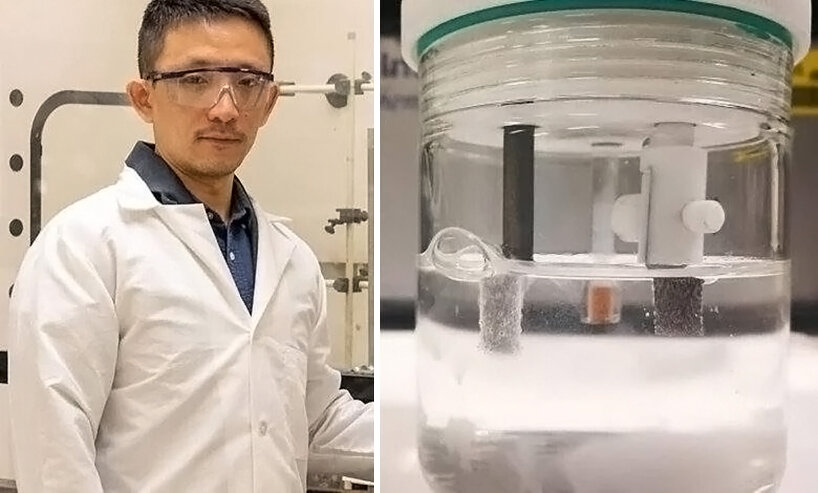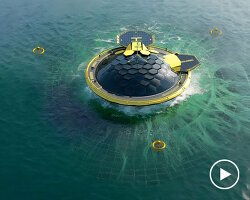KEEP UP WITH OUR DAILY AND WEEKLY NEWSLETTERS
happening now! thomas haarmann expands the curatio space at maison&objet 2026, presenting a unique showcase of collectible design.
ori eliminates ribs, fabric, and typical failure points, creating an entirely new category of personal weather device.
connections: 35
the concept trike was inspired by a vision of getting around airports more efficiently.
connections: +420
SOLARIS features retractable photovoltaic wings that form the core of the motorcycle's solar-harvesting system.
the backpack helps users looking for housing to sustainably navigate their situation until they obtain permanent shelter.

 image by
image by  yang yang, associate professor in ucf’s nanoscience technology center | image courtesy of UCF
yang yang, associate professor in ucf’s nanoscience technology center | image courtesy of UCF

















